Upload Your CV
Send us your CV and a member of the team will be in touch to discuss open opportunities with you.
This article recaps the key takeaways from our latest roundtable event with Senior Product L...
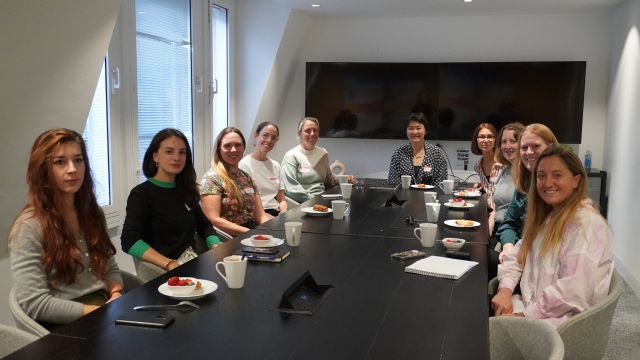
This article recaps the key takeaways from our latest roundtable event with Senior Product Leaders about the future of product leadership.
On Wednesday 25th September 2024, Francesca Jackson brought together a group of Product Leaders to discuss the latest developments in the sector. They discussed the following topics:
Keep reading to hear the key talking points from the event.
The conversation began by exploring how AI technologies are influencing the product development process. Attendees discussed how they leverage AI to optimise their personal workflows. Plus, how the technology is being implemented into the product roadmap to address customer pain points.
In product development, AI is playing an increasingly prominent role in early-stage work, particularly in engineering and design.
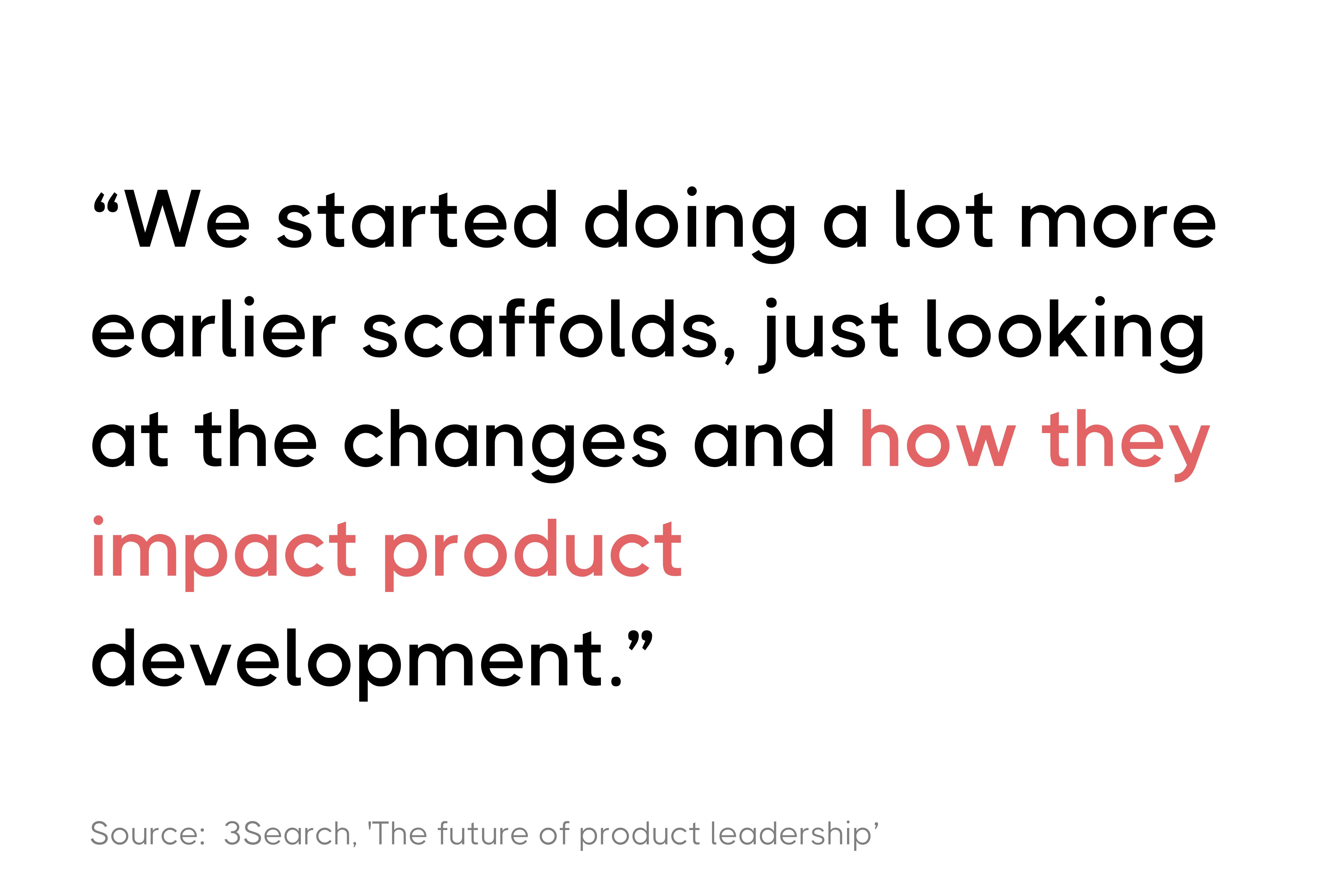
AI tools are being used to prototype faster, provide real-time feedback, and streamline processes that would have previously consumed more time and resources. However, they can improve more than simply your team’s outputs.
Generative AI tools are becoming an essential part of Chief Product Officers' daily workflows. Using them to automate time-consuming, low-value tasks such as notetaking, meeting summaries and searching the internet.
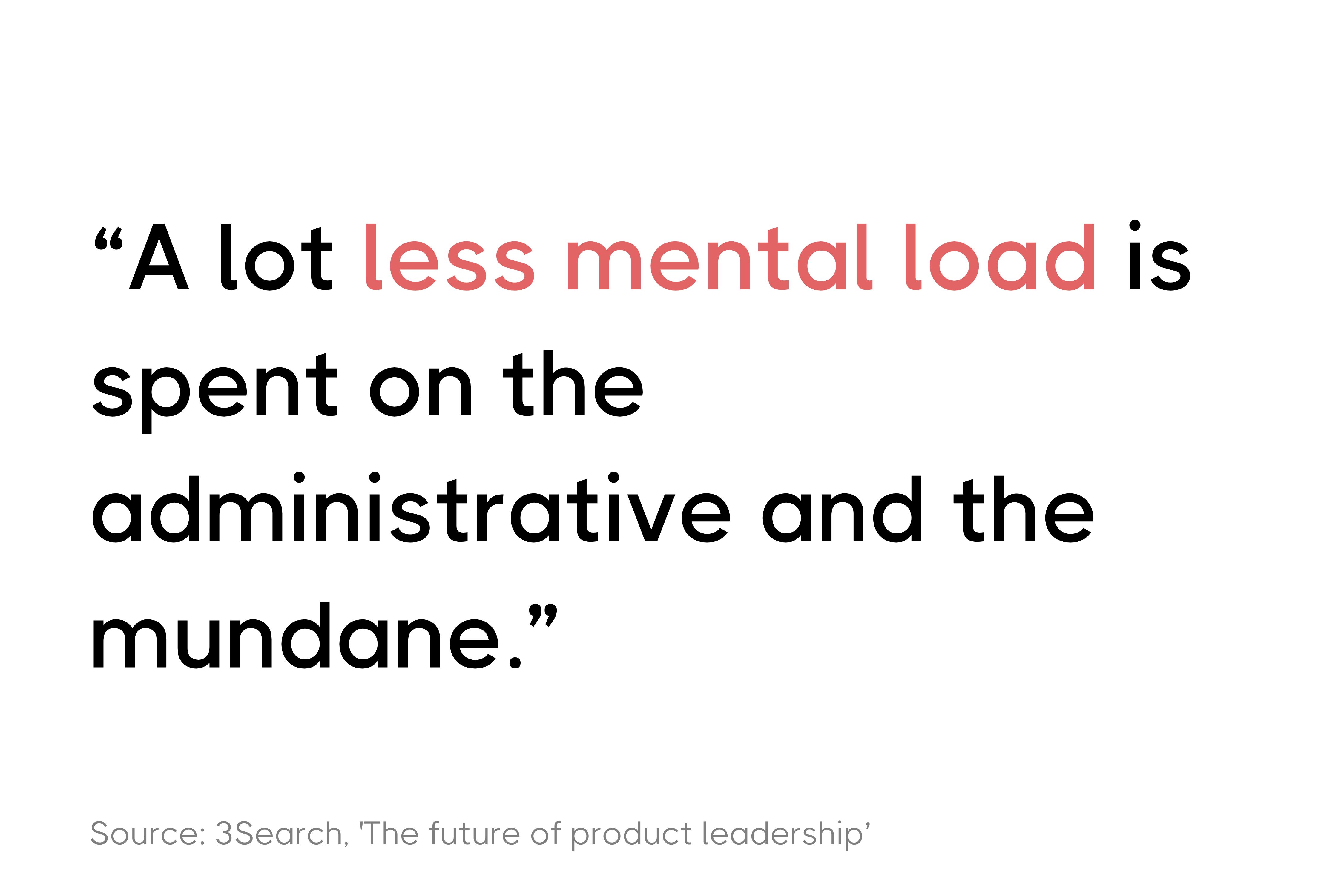
In this capacity, AI not only allows for more time to be spent on strategic work, but also encourages a healthier work-life balance.
There is a clear difference between how businesses are implementing artificial intelligence into their existing products.
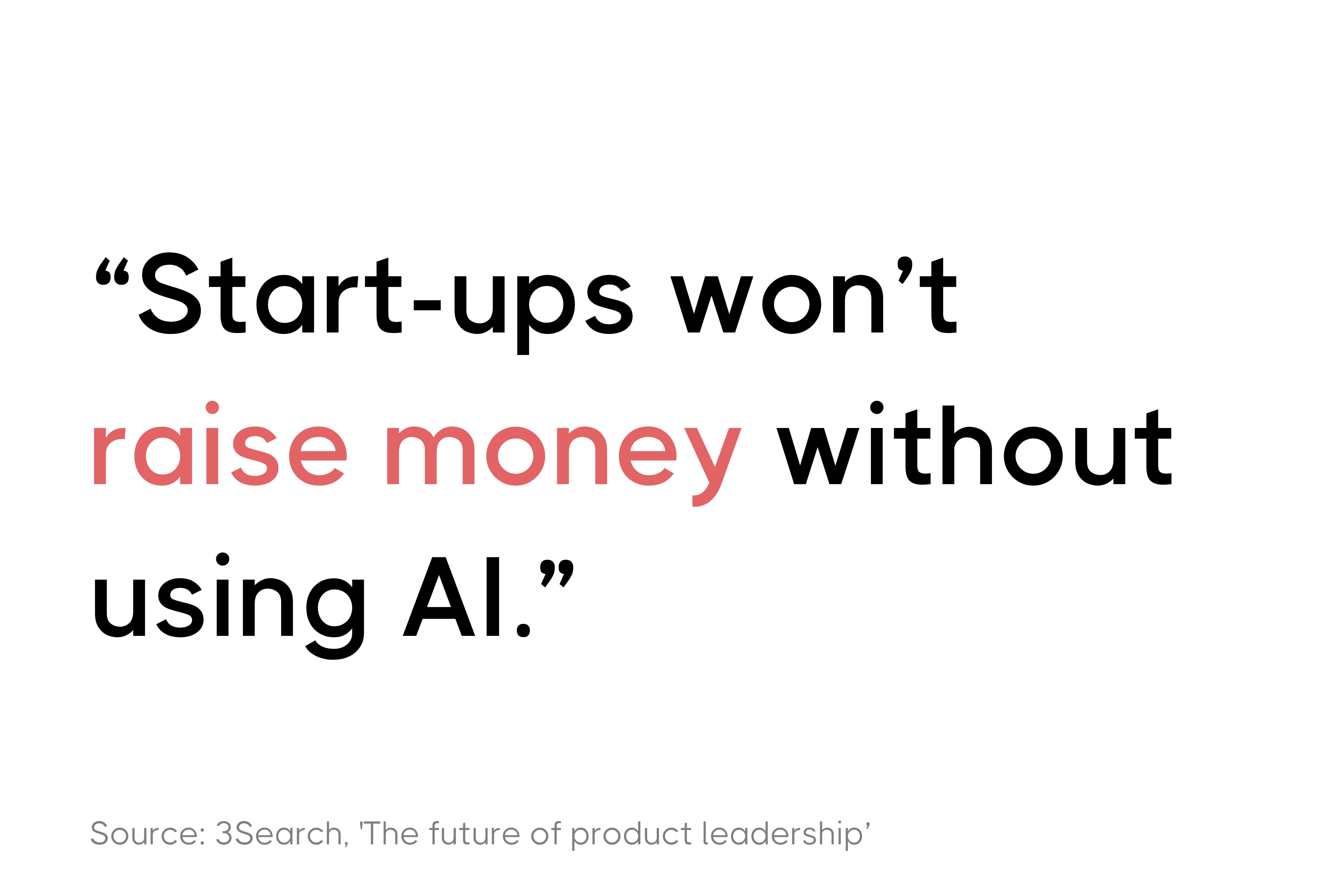
Francesca highlighted the differences she’s seeing in start-ups versus enterprises. While start-ups are actively including AI in their product vision, enterprises are slower on the up take. They acknowledge their value in optimising their team’s workload but are reluctant to introduce the technology in their product features.
The majority of Product Managers want to work with innovative technology, such as AI. As a result, any organisation reluctant to use the software will find this a challenge in their product recruitment plans for 2025.
A recurring talking point in our most recent product events has centred around the balance of innovation and profitability in product development. The current economic market hasn’t allowed much room for testing and creativity in processes. A stark contrast to the market trends in 2021.
Francesca was keen to ask the product leaders in the room how they currently manage the balance and their predictions for the future.
With limited budgets, innovation must become targeted and strategic.
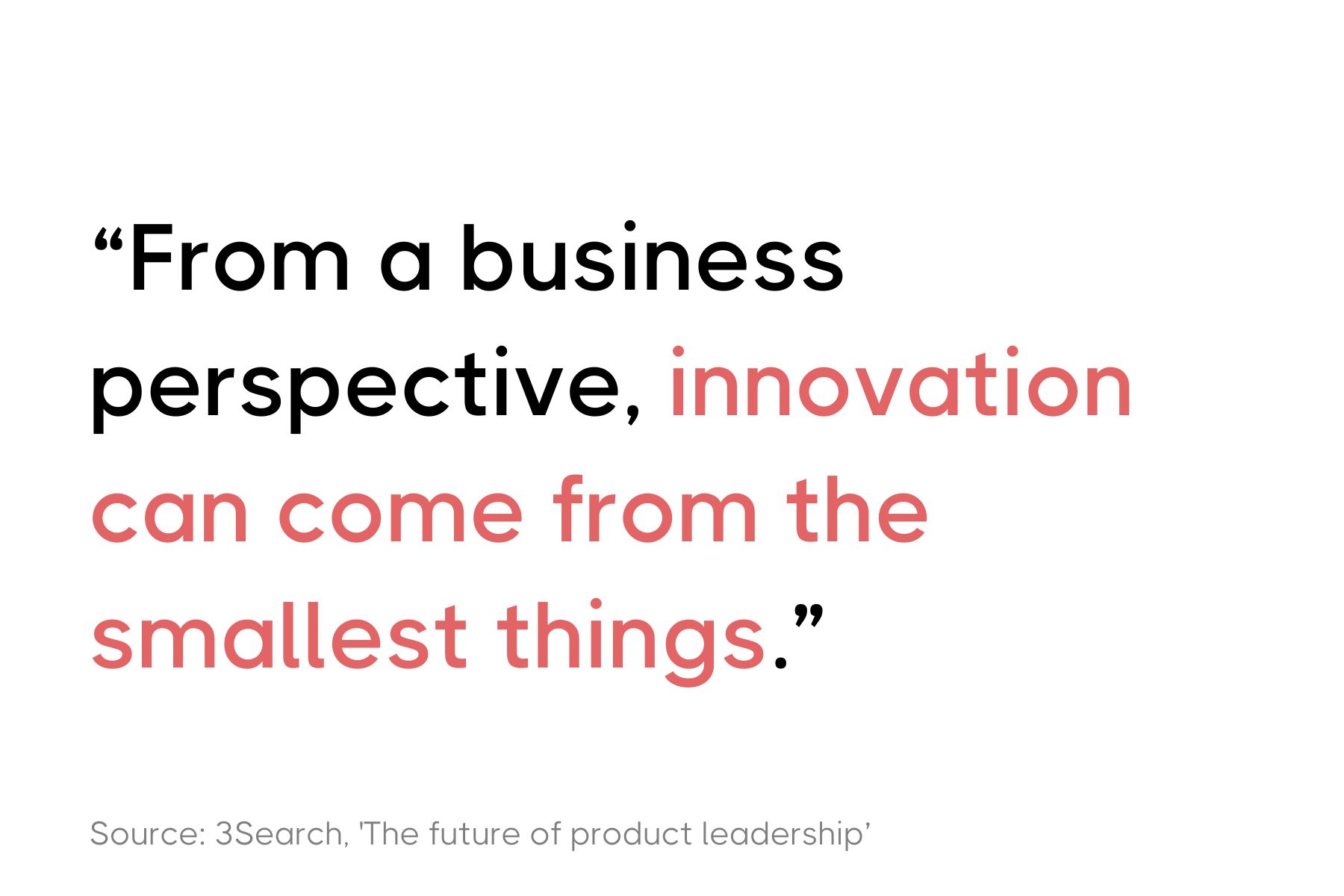
One attendee highlighted that innovation can sometimes be unfocussed, which is often how profitability is left behind. Their solution was to create a list of top customer pain points that the team can find innovative solutions for.
This approach encourages innovation through targeted problem-solving. Ensuring that even in financially constrained environments, teams are still moving the needle. While the results can be incremental, the impact can be immediate.
Many Product Managers join a business or even the career path for the opportunity to innovate. So, how do you maintain morale and retain staff when budgets are tighter?
One way to encourage innovation and secure budget is to tie in the metrics that matter the most to the company. Understand the long-term goals of the management team and ensure your product team is contributing to them.
When doing this, it's important to take the senior leadership team on the journey you envision. Show them where you currently are and where you intend to be by taking the steps you’re proposing.
Our recruiters are seeing a lot of movement in the junior end of the product recruitment market. Francesca was keen to understand if this was something the Product Leaders in the room were also experiencing and how they were managing it.
One of the biggest issues in the workplace today is the lack of autonomy. With businesses enforcing increased office days and cutting back on flexibility, employees are becoming restless in their current roles. This is especially impactful on talent with children and caring responsibilities, pushing women out of the workforce.
The preferred working policy for the women in the room was to have core hours and anchor days. This makes room for effective collaborative working, but also allows employees to manage their personal lives alongside work. It also creates a sense of trust, as many feel over-monitored under a more restrictive working policy.
While retaining good talent is key for any team, the Product Leaders in the room also acknowledged the importance of putting the individual first.
No matter how badly you want to retain someone, sometimes the business just isn’t right for them anymore. Supporting your Product Managers in their career journey will be more beneficial for them, you and even the business.
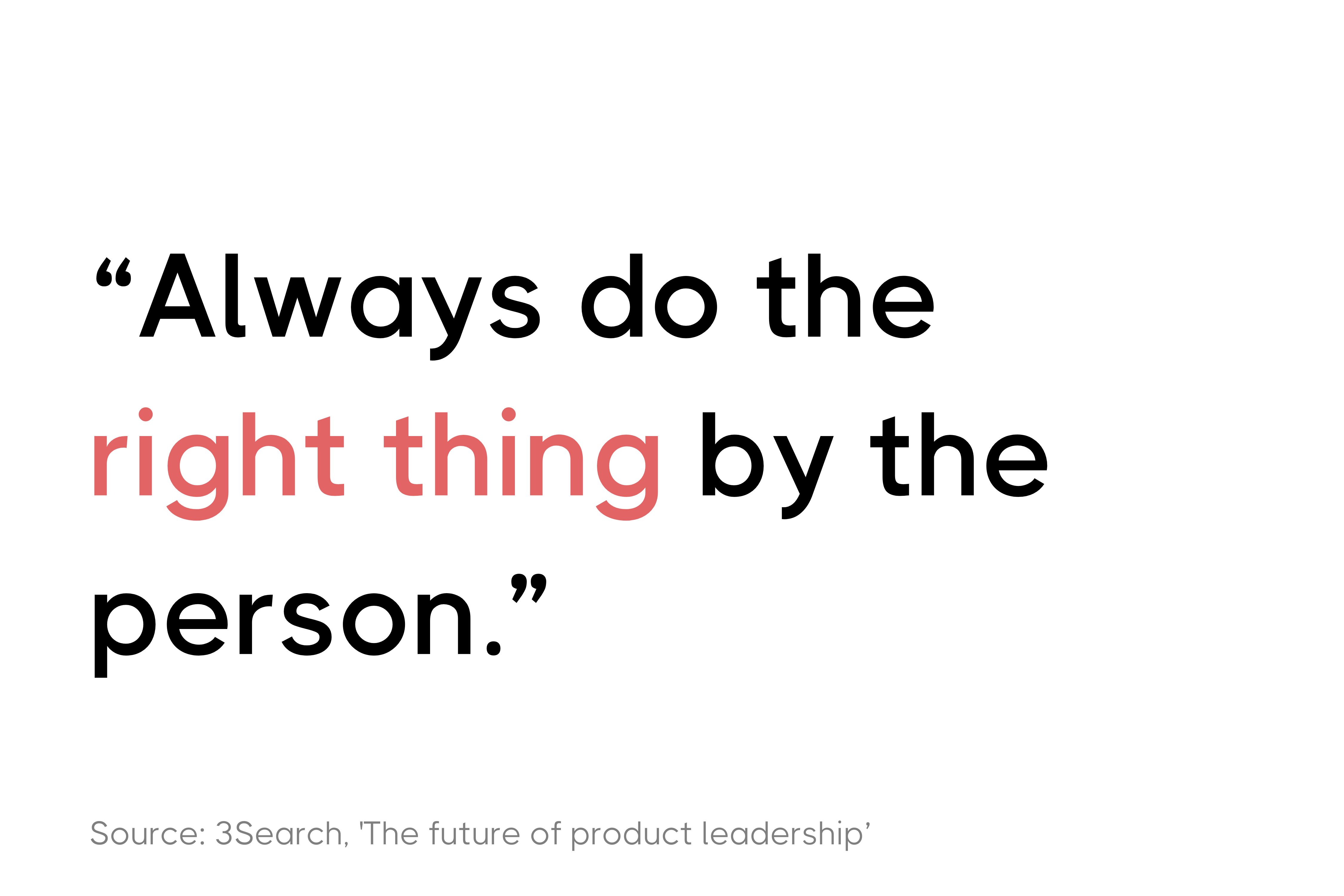
They'll remain in your network and if the right opportunity comes around, you’ll work together again in the future.
We want to extend a big thank you to the Product Leaders for their time and insights on the future of product leadership. For support with your team growth in the future, please get in touch with our product recruitment experts.